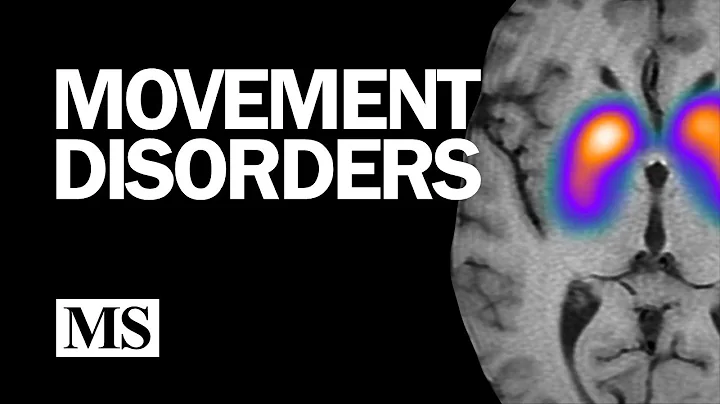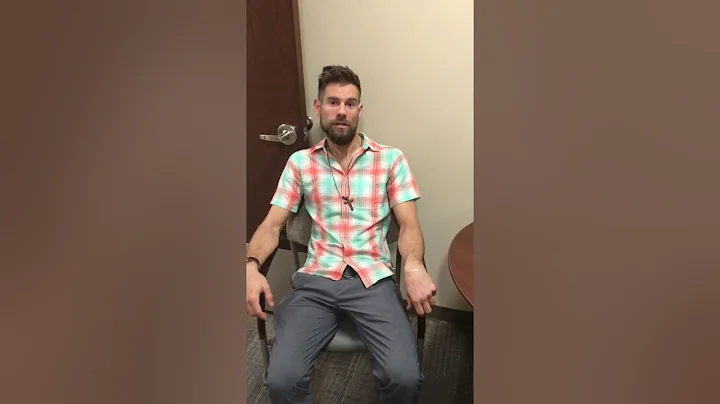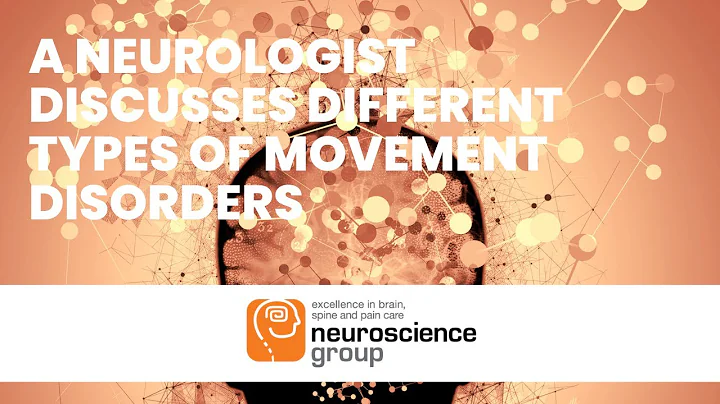focuses on dyskinesia in children , its role in so-called failure cycles, and its potentially harmful effects on psychosocial development ( "Possible effects of dyskinesia in children"). It was emphasized that sub-par sporting performance must not be viewed as an isolated entity but rather as part of a child's overall well-being. This article deals with the repair of sports injuries, with the ultimate goal of combating the breakdown cycle.

The educational implications of the failure cycle
The obvious implication is that varying degrees of movement disorders constitute educational problems. More complex motor skills, such as those used in sports, are layered on top of the basic skills (e.g., running, jumping, throwing) that children acquire before the age of 6html. Because proficiency in complex skills depends primarily on mastery of basic skills, children must have a solid foundation of skills on which to build more advanced skills.
The large amount of time required to master basic skills demonstrates the urgency of early practice. Therefore, establishing integrated movement patterns is critical to combating failure cycles. Efforts to prevent the onset of the failure cycle should be aimed at ensuring that adequate levels of basic skills are acquired early on. This is undoubtedly the most efficient and effective way to deal with this phenomenon. In other words, the best intervention is prevention.

How can children experience optimal motor development and achieve satisfactory performance levels?
The key is to promote the development of various sports experiences. Therefore, the nature and quality of children's early learning environments must be considered. Preschools often provide preschool education, but some may inadvertently impose conditions that deprive them of exercise. If a preschool facility does not have adequate indoor and outdoor space and equipment, vigorous, full-body skill practice can easily be limited.
The negative impact of inadequate pre-school facilities on motor development is often exacerbated by a lack of qualified leaders to provide instruction in motor skills. The staged progression of developing movement patterns, and the subsequent combination of basic patterns into skills of increasing specificity and complexity, depends on adequate opportunities for practice under the guidance of a competent instructor. Therefore, there is a need for qualified teachers to be involved in planning and implementing motor education programs for preschool children.

Why early intervention is crucial
The importance of preventing failure cycles from occurring (or at least early intervention attempts) cannot be overstated. Why? Due to its increasingly degenerative nature, it becomes more difficult to break the breakdown cycle as we age. Therefore, early identification of children with movement disorders is needed so that appropriate intervention can be initiated as soon as possible. Instructional programs designed to correct motor dysfunction should be carefully planned and tailored to the specific needs of the target child. This includes consideration of teaching techniques aimed at developing motivation for active participation, as well as long-term participation in physical activity programmes. How does

help children succeed while still providing a challenging learning experience?
A key principle of education is that children must experience some level of early success in order to achieve optimal learning. Therefore, teachers must strive to provide learning opportunities so that all young people can experience the joy of achievement within self-defined boundaries.
Regarding remedial activity planning, the problem for educators is to provide learning experiences that allow children to achieve a certain level of success while allowing them to remain motivated despite the challenge. One approach involves using inclusion activities rather than exclusion activities.
Exclusive activities, as the tasks become more and more difficult, children are eliminated and they are no longer able to succeed. For example, the threshold for high jumping is gradually raised until one child is eliminated; therefore, every child must eventually fail.
Inclusive activities are tailored to learners’ abilities and enable them to remain engaged in the teaching and learning process.Perhaps the best example is exploratory movement activities, which have the potential to challenge themselves and allow for many different but individually correct responses. Their use enables children to succeed within their abilities.
Consider not only the nature of the chosen activity, but also the characteristics of the equipment and facilities. Many activities often involve special equipment that may not be practical or suitable for certain age groups. However, with a few minor modifications, it can be adapted to ensure a successful learning experience.





















